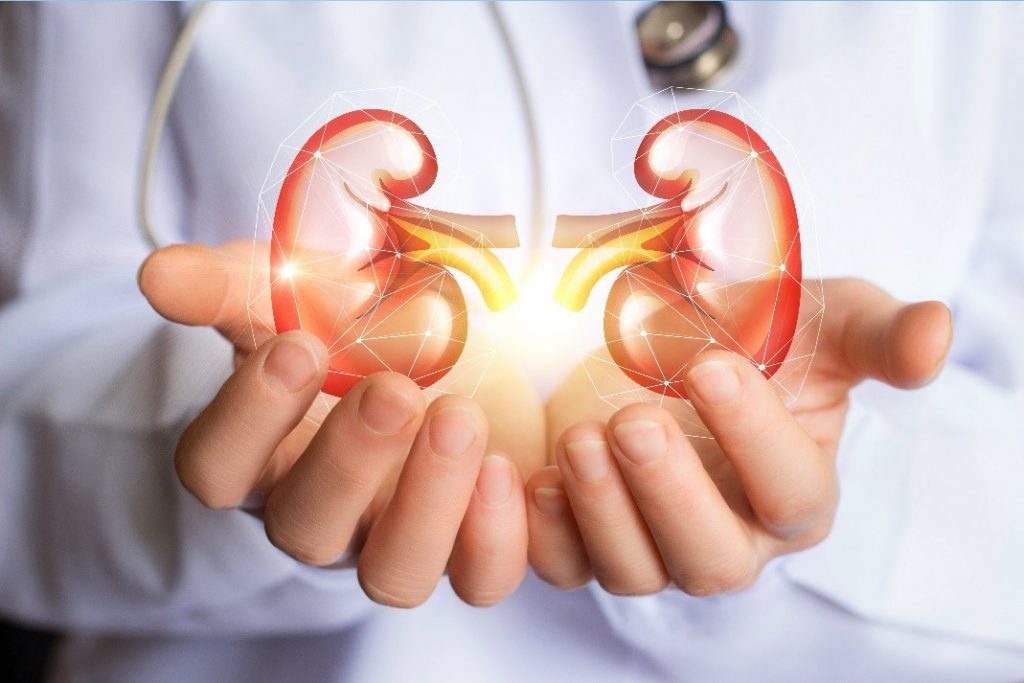


Following a state-wide review of kidney services, the Advancing Kidney Care 2026 (AKC2026) Plan aims to improve kidney health and kidney care services in Queensland. The home doctor experts at House Call Doctor have put together all the facts you need to know about AKC2026.
The recently launched plan addresses kidney disease across areas including prevention and early detection, management of chronic kidney disease (CKD), and the delivery of specialist kidney care.
The Chief Executive Officer of Kidney Health Australia, Chris Forbes, said it is important to educate local communities about kidney disease and the importance of prevention and early detection.
“Alarmingly, 65 people die with kidney related diseases every day, and currently 1.5 million Australians are unaware they have early signs of the disease,” Mr Forbes said.
What will the AKC2026 Plan change?
The AKC2026 plan is focused on providing Queenslanders with information about kidney disease and ensuring timely, equitable access to services, particularly for Aboriginal and Torres Strait Islander people.
The plan aims to support timely identification of CKD and provide support and advice to minimise further damage and/or slow the progression of the disease.
Access to education and treatment choices for kidney failure is also a fundamental part of the plan. This includes timely and equitable access to:
- Transplantation (including pre-emptive transplantation)
- Home-based dialysis therapies
- Supported and medically supervised dialysis as close to home as possible
- Comprehensive conservative care and end of life care options.
It also includes advice on medication, diet, exercise and coping with the psychological, social and practical impacts of chronic kidney disease.
How will the AKC2026 Plan be implemented?
Queensland’s Hospital and Health Services will share in $10 million annually to support the implementation of the plan, which will be overseen by the AKC2026 Collaborative. The Collaborative is formed by consumers, clinicians, service partners and administrators.
Dr Keshwar Baboolal said collaboration is key to ensure co-design with consumers, primary care providers and Aboriginal and Torres Strait Islander partners.
“This included over 80 clinicians and consumers on seven working groups, participating in 34 meetings totalling in over 530 hours of clinician and consumer time,” Dr Baboolal said.
In 2019-20 this new funding will support transplant coordination, home haemodialysis, vascular access coordination and kidney supportive care models.
Why is the AKC2026 Plan important?
Approximately 1 in 10, or around 500,000 Queensland adults have indicators of CKD such as reduced kidney function and/or the presence of albumin in the urine.
A further 1 in 3 Australians are at an increased risk of developing CKD. Adult Australians are at an increased risk of CKD if they:
- Have diabetes
- Have high blood pressure
- Have established heart problems (heart failure or heart attack) and/or have had a stroke
- Have a family history of kidney failure
- Are obese (body mass index ≥ 30)
- Are a smoker
- 60 years or older
- Are of Aboriginal or Torres Strait Islander origin
- Have a history of acute kidney injury.
The AKC2026 Plan is important as it will benefit these Australians who are suffering from CKD and support those who are at an increased risk of CKD.
If CKD is detected early and managed appropriately, the deterioration in kidney function can be reduced by as much as 50 per cent and may even be reversible.
Early detection is invaluable to Australians who need timely and equitable support.
What will this mean for the future?
The predicted increase in kidney transplant numbers means the current state-wide kidney transplant service must expand to meet the needs of the growing and ageing population.
The Collaborative is preparing for this increase with an outcomes-focused alternative funding model for kidney care services , with a state-wide digitally integrated kidney care data solution already under development.
The four improvement goals for the future as outlined by the AKC2026 Plan are:
- Prevent chronic kidney disease
- Detect chronic kidney disease earlier for better outcomes
- Avoid kidney failure from chronic kidney disease where possible
- Constantly improve specialist kidney care to deliver the best access and outcomes for all Queenslanders.
Evaluation of progress against goals and objectives is planned for 2021 and 2025 in the hope of making Queenslanders amongst the healthiest people in the world by 2026.




